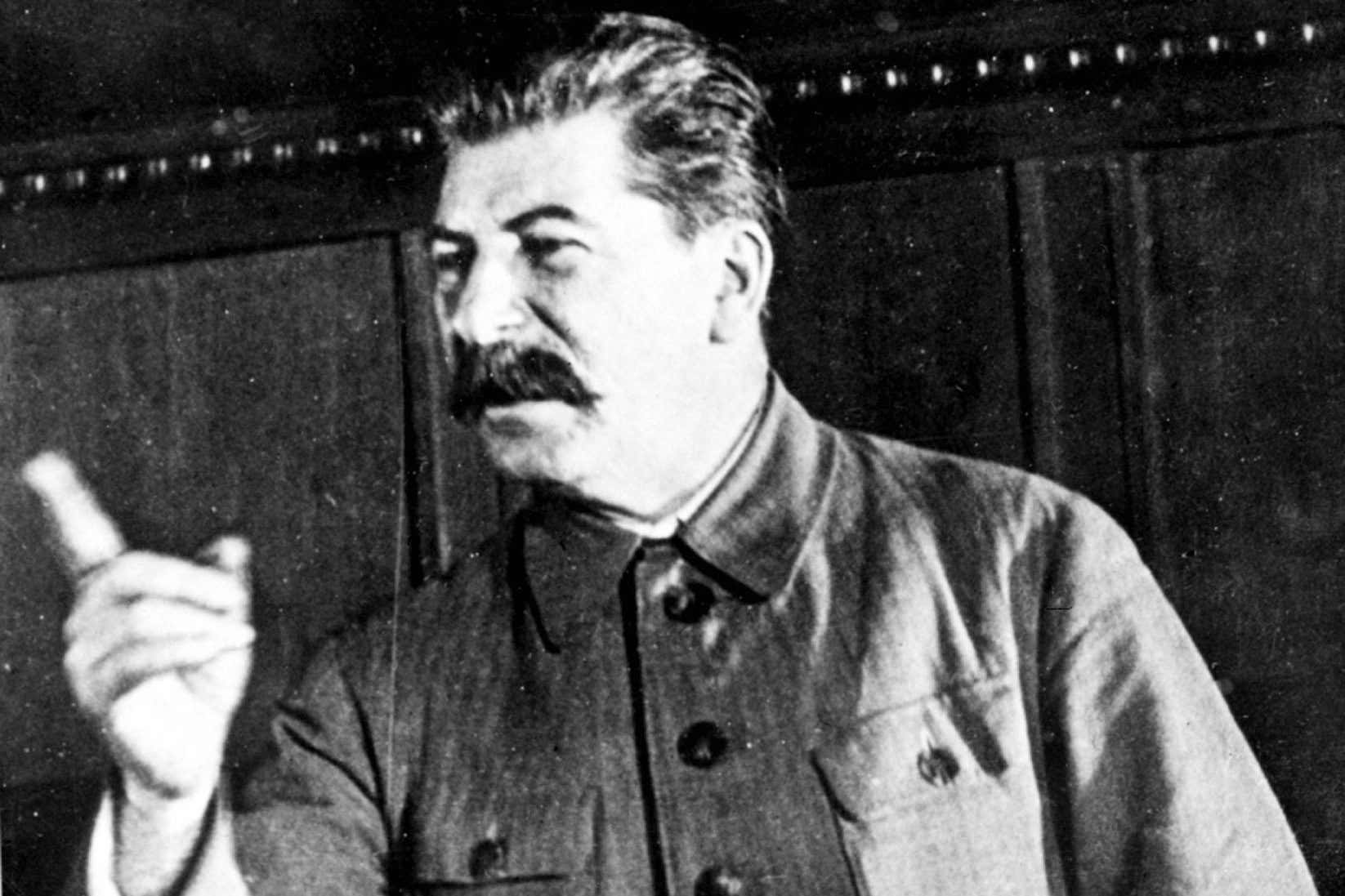How did Palestinian nationalism come about?
After World War II, the US and USSR, engaged in the Cold War, where they jockeyed to gain influence over other countries, with the Middle East becoming a key battleground.
Israel Hayom
Jul 4, 2024
Soviet leader Leonid Brezhnev pictured with Yasser Arafat on a poster proclaiming Palestinian-Soviet friendship
During the Cold War, the Soviet Union invested millions in funding Palestinian leaders, fueling a proxy war between the US and the USSR. But why would the USSR devote so much time and energy to backing a largely powerless group of people? The answer lies in the Soviets' strategic efforts to undermine Israel and expand their influence in the Middle East.
A shifting relationship between the USSR and Israel
After World War II, the two global superpowers, the US and USSR, jockeyed to gain influence over other countries, with the Middle East becoming a key battleground. Initially, the USSR had high hopes for the newly formed state of Israel and was the first country to recognize it in 1948. The Soviets even allowed one of their proxies, Czechoslovakia, to sell weapons to Israel to defend itself against the Arab nations.
However, this period was short-lived. The Soviets grew increasingly wary of Israel's close ties with the US and its support for South Korea during the Korean War. Joseph Stalin, in particular, was alarmed by the way Soviet Jews were excited about the Jewish state, seeing it as a threat to the unified Soviet identity he had worked so hard to create. This led to a strategic propaganda campaign to demonize Jews and Zionism within the USSR.
As the Soviets' relationship with Israel soured, they turned their attention to the Arab world, pouring propaganda, weapons, and resources into countries like Egypt and Syria to help them in their battle against the Jewish state. However, the Soviets soon realized they had overlooked a key player in this fight: the local Arab population.

Josef Stalin, dictator of Soviet Russia, points as he delivers a speech in Moscow in April 1935
The emergence of Palestinian nationalism
Before 1948, the term "Palestinian" was often used to refer to Jews, not the local Arab population. These Arabs had a distinct culture and identity, but they didn't necessarily identify as "Palestinians," but rather as Southern Syrians or from their local city like Jaffa. As Arab nationalism swept through the region in the early 20th century, some local Arabs began to embrace the idea of an independent, self-determining Arab state, particularly in response to the British declaration of a "national home for the Jewish people" in Palestine in the Balfour Declaration. By the 1960s, the dream of a pan-Arab state had given way to the goal of replacing the Jewish state of Israel with an Arab state of Palestine. This shift aligned perfectly with the Soviets' agenda of driving a wedge between Israel and the West.
The KGB's cultivation of Palestinian leadership
The Soviets sent hundreds of KGB agents into the Arab world, searching for charismatic leaders they could groom to advance their agenda in the Middle East. They found their man in Yasser Arafat, an engineer who had been fighting against Israel since his teens. The Soviets helped the Arab activists create the Palestine Liberation Organization (PLO) and even provided the blueprint for its charter, which advocated for Israel's destruction through armed struggle.
After the Six-Day War in 1967, when Israel captured territory from its Arab neighbors, the Soviets were furious. They stepped up their support for the PLO, with the KGB appointing a Romanian handler, Ion Mihai Pacepa, to provide Arafat with monthly $200,000 checks and introduce him to the Romanian dictator, Nicolae Ceaușescu, who taught him successful propaganda strategies.
The Soviets' exploitation of the Palestinian cause
The Soviets recognized that well-meaning Americans were deeply concerned with causes like anti-imperialism and human rights. They framed the Palestinian cause as a righteous struggle for human rights against a much more powerful oppressor, using social justice rhetoric to distract the world from the fact that Arafat and his cronies were pursuing their passion for social justice by murdering civilians.
This strategy brought Arafat legitimacy throughout the world, including in Israel itself, where Prime Minister Yitzchak Rabin was inking the Oslo Accords peace agreements with a man who had been paid to sow terror throughout the country for most of his life. The Soviets' training had paid off, and Arafat managed to clean up his image, transforming from a terrorist into a freedom fighter.

A picture taken on September 28, 1995, shows Israeli Prime Minister Yitzhak Rabin (L) and PLO Chairman Yassar Arafat (R) shaking hands after signing an agreement giving the Palestinians more control over the West Bank, under the auspices of US President Bill Clinton, at the White House in Washington DC
The legacy of Soviet influence
While the Soviets may have encouraged Palestinian nationalism, they did little to help make the dream of a Palestinian state a reality. They exploited the Palestinian people for their own ends. Their support for the PLO was never about building a Palestinian state; it was about consolidating their own power and influence.

No comments:
Post a Comment